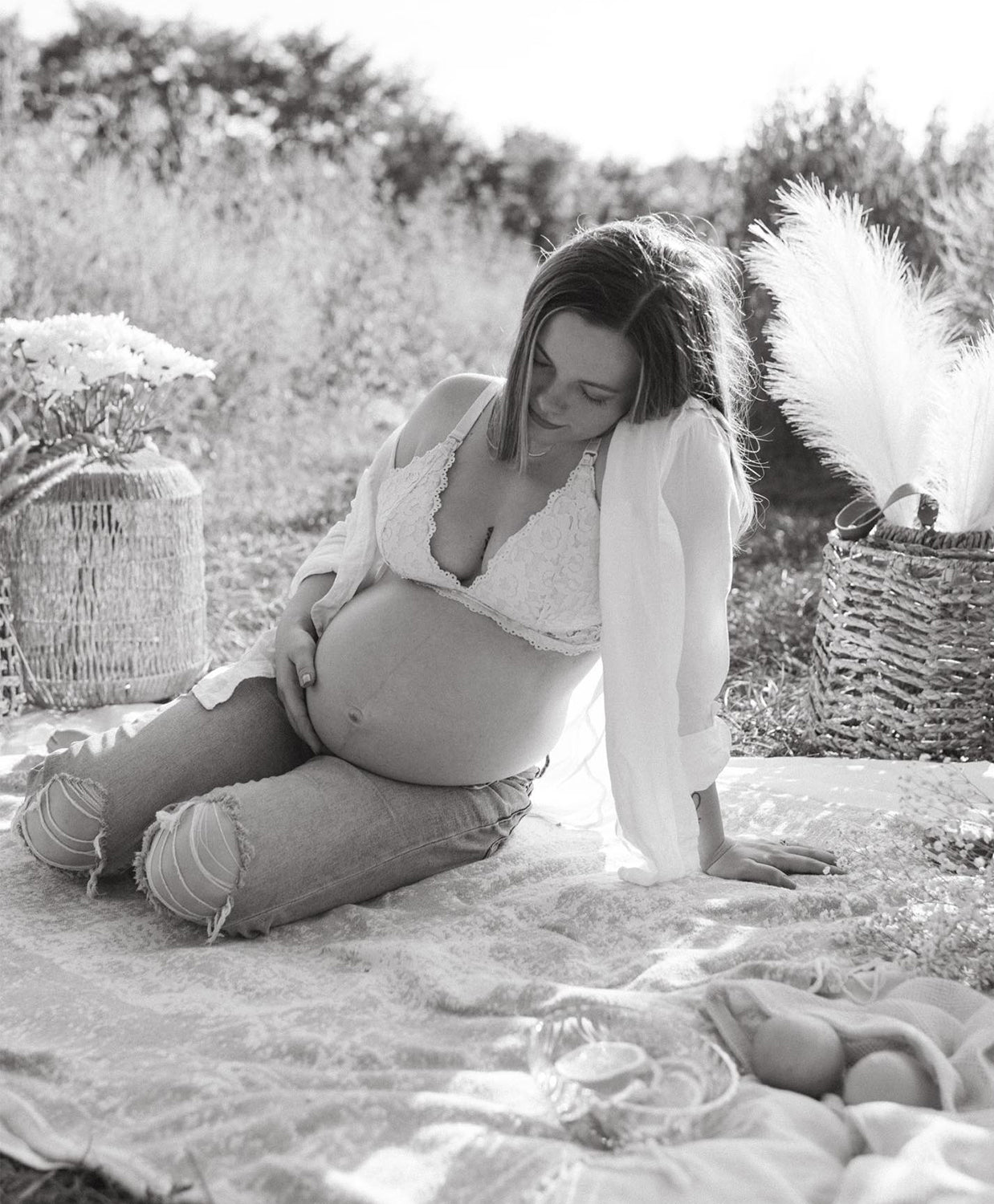Preparing for the arrival of your baby involves many decisions, and knowing when to start birthing classes is an important one. Most healthcare providers and childbirth educators recommend beginning birthing classes during the second or early third trimester of pregnancy, typically between weeks 20 and 32. This timing allows expectant parents to learn essential information without feeling rushed, while still keeping the material fresh in mind for labor and delivery.
Ideal Timeline for Birthing Classes
Most standard childbirth education courses run for 6-8 weeks, meeting once per week for a couple of hours. Starting around weeks 28-30 of pregnancy gives you enough time to complete the course before your due date, even if your baby arrives a bit early.
Some expectant parents prefer to begin classes earlier, around weeks 20-24, especially if they anticipate a busy schedule later in pregnancy or want extra time to practice the techniques they learn. First-time parents often benefit from starting classes earlier to have more time to absorb the information and prepare mentally and physically for the birthing process.
According to The American College of Obstetricians and Gynecologists, preparing for childbirth through education can help reduce anxiety and build confidence as your due date approaches.
Types of Birthing Classes and Their Timing Considerations
Different birthing class methods have varying recommendations for when to begin:
Lamaze classes typically recommend starting around week 28 of pregnancy. These classes focus on natural birth techniques and coping mechanisms for labor pain.
Bradley Method classes are more extensive, often running for 12 weeks, so they suggest beginning earlier, around weeks 20-22 of pregnancy.
HypnoBirthing or Hypnobabies classes teach self-hypnosis techniques for managing labor discomfort and may recommend starting between weeks 25-30 to allow ample practice time.
Weekend intensive courses condense information into a shorter timeframe and can be taken later in pregnancy, even as late as weeks 34-36, though earlier is generally better.
Research from the National Institutes of Health suggests that structured childbirth education can positively impact birth experiences and outcomes.
Planning for Special Circumstances
If you're expecting multiples or have a high-risk pregnancy, consider starting classes earlier than the standard recommendation. Beginning around weeks 20-24 allows you to complete the course well before your due date, which is particularly important since multiples often arrive earlier than singleton babies.
For parents planning a VBAC (Vaginal Birth After Cesarean), specialized classes might be recommended, and starting earlier in the second trimester provides more time to prepare for this unique birthing experience.
Practical Considerations When Scheduling Classes
Class availability in your area may be limited, with popular instructors booking up quickly. Researching options and registering early, even if you won't begin classes for a few months, ensures you get your preferred class.
Your energy levels typically decrease in the later stages of pregnancy, making earlier classes more comfortable for many expectant mothers. By the third trimester, sitting for long periods can become uncomfortable, and fatigue may make it harder to focus and retain information.
Your work schedule and other commitments might influence when you can realistically attend regular classes. Some parents find it easier to fit classes into their schedule during the second trimester before the physical demands of late pregnancy become more challenging.
Online vs. In-Person Birthing Classes
The rise of online birthing classes has created more flexibility in timing. Many online courses allow you to work at your own pace, meaning you can start earlier and spread the lessons out over more time, or begin later and complete them more intensively.
In-person classes offer the benefit of direct interaction with instructors and other expectant parents but require commitment to a specific schedule. These typically need more advance planning to ensure completion before your due date.
The Lamaze International website offers resources for finding certified instructors who teach both in-person and online options.
Making the Most of Your Birthing Classes
Regardless of when you start, the key to effective birthing education is active participation and practice. The techniques learned in birthing classes require repetition to become second nature, especially when you'll be using them during the intensity of labor.
Many educators recommend practicing relaxation techniques, breathing exercises, and positioning daily after learning them in class. Starting classes with enough time to incorporate this practice into your daily routine before labor begins is advantageous.
Conclusion
Finding the right time to start birthing classes balances having enough time to learn and practice while keeping the information fresh for when labor begins. For most expectant parents, beginning between weeks 24 and 30 of pregnancy offers this balance, though individual circumstances may suggest starting earlier or later. Remember that the goal is to feel prepared and confident as you approach your baby's birth, so choose a timeline that supports that outcome for your unique situation.
As you prepare for your birthing classes, don't forget that comfort during and after pregnancy is essential. Investing in a good nursing bra now will provide the support you need during pregnancy and make breastfeeding easier after your baby arrives. Your body is doing amazing work—give it the quality support it deserves!
FAQs
Is it too late to take birthing classes if I'm already in my third trimester?
No, it's not too late. While starting earlier gives you more time to practice techniques, many centers offer condensed weekend courses specifically designed for parents who are further along in pregnancy.
How do I know which type of birthing class is right for me?
Research different methods, speak with your healthcare provider, and consider your birth preferences. Many instructors offer introductory sessions where you can learn more before committing to a full course.
Can my partner and I take different classes if our schedules don't align?
While attending together is ideal, some classes offer make-up sessions or video recordings. Alternatively, one person can attend and teach the other, though this is less effective than both participating directly.
Read More
Breastfeeding While Sick: What Every Mom Needs to Know
How Do Nursing Bras Work? Benefits and Features
Complete Guide | How to Thaw Frozen Breast Milk


























































